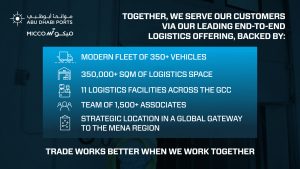
Abu Dhabi Ports, part of ADQ, has announced another step in its drive to… Read more »

Abu Dhabi Ports, part of ADQ, has announced another step in its drive to… Read more »
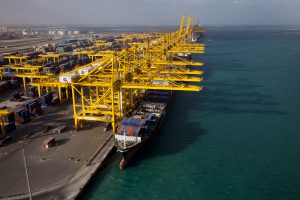
Global ports operator DP World and institutional investor Caisse de dépôt et placement du… Read more »
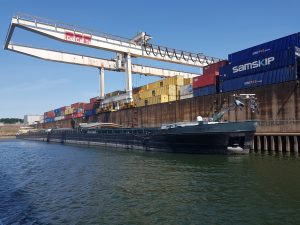
Since the beginning of the year, German-based transport cooperative LogCoop GmbH says it has… Read more »
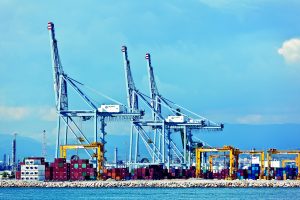
The Freight Unit of the National Vehicle Crime Intelligence Service (NaVCIS) has been involved… Read more »
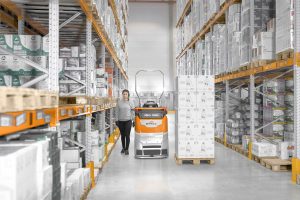
Forklift and warehouse vehicle maker STILL has released a statement about its support for… Read more »
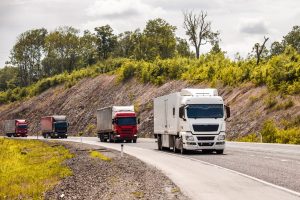
Freight forwarder InstaFreight says it can offer its customers stable overland transport for supply… Read more »
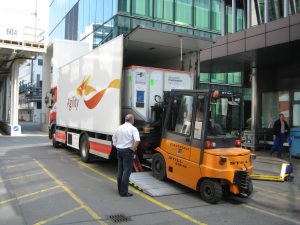
Global logistics provider and emerging markets specialist Agility today reported 2019 net profit of… Read more »

US based high-end sports equipment company TRUE Sports has chosen GEODIS Netherlands as its… Read more »
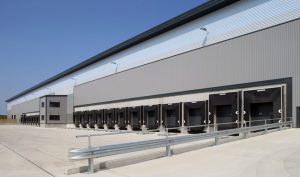
Global sportswear company PUMA has awarded Indigo Software a contract to implement Indigo WMS… Read more »

Agility, a leading global logistics provider, today reported second-quarter earnings of 12.99 fils per… Read more »
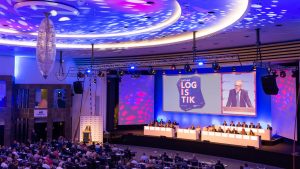
BLG LOGISTICS GROUP has reported 12% annual growth in 2018. The group focuses on… Read more »
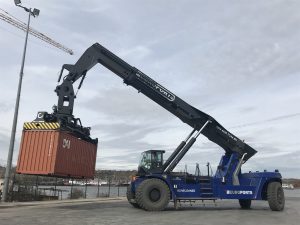
In March 2019, Ports de Lille ordered four SMV 4545 TCX4 BH barge handlers,… Read more »
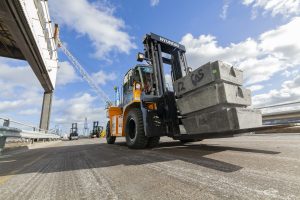
Award-winning Acclaim Handling is a forklift hire sales and materials handling equipment specialist, headquartered… Read more »

Fears that the UK will leave the EU without a deal have caused an… Read more »
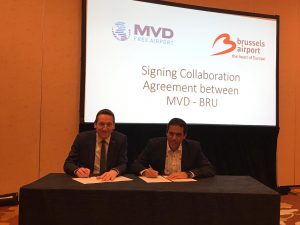
In order to continue sharing know-how, best practices and working together in the development… Read more »
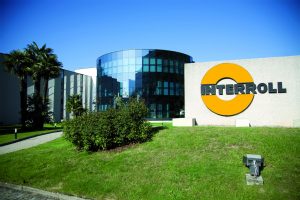
Conveyor technology expert Interroll has reported strong annual growth figures for 2018. “The high… Read more »

Dorking-based Paragon Software Systems has supported the St Gemma’s Hospice annual Christmas tree disposal… Read more »

Conveyor technology expert Interroll says it grew substantially in 2018. It reports that orders… Read more »

Since 2018 strapping supplier Mosca GmbH has supported an education program in Nedjo, Ethiopia,… Read more »
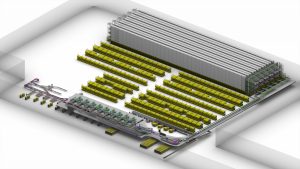
PostNord TPL AB and Stadium Sverige AB are to automate their e-commerce warehouse in… Read more »

Cargobase, an independent platform aiming to bridge the tech gap between shippers and providers,… Read more »

Cloud-based supply chain execution platform Transporeon, will be introducing the results from its North… Read more »
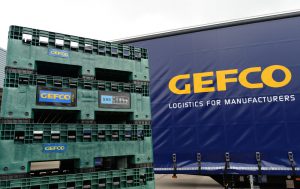
Logistics specialist GEFCO UK has extended its contract with leading sport equipment and sportswear… Read more »
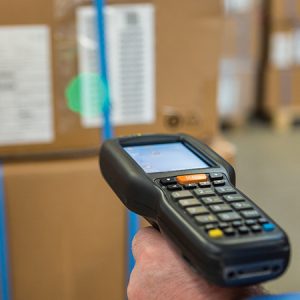
Data capture specialist Datalogic has announced that leading omnichannel reseller ABS Holdings is using… Read more »

2017 was another successful year for Dachser Ltd, the UK subsidiary of the family-owned,… Read more »
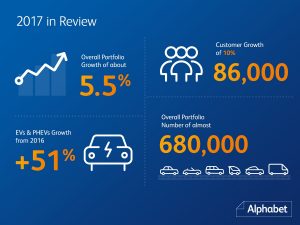
Leasing specialist Alphabet International says its operational lease portfolio grew by 5.5%, to 680,000… Read more »
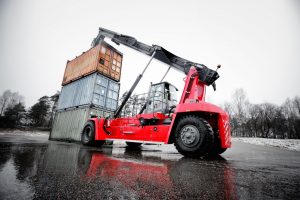
As it prepares for a rise in container volumes at Portsmouth International Port, MMD… Read more »

Imperial Logistics International has once again supported schools and welfare institutions with monetary and… Read more »
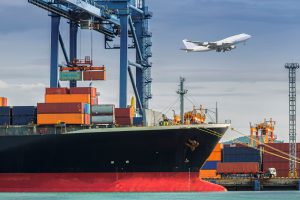
Leading global logistics provider Agility has today reported second-quarter earnings of 13.4 fils per… Read more »

Online action sports retailer, Freestyle Xtreme, has implemented the Snapfulfil cloud warehouse management system… Read more »

Contargo AG‘s first Basle-Kaldenkirchen Shuttle (BKS) this week completed the journey from Basle to… Read more »
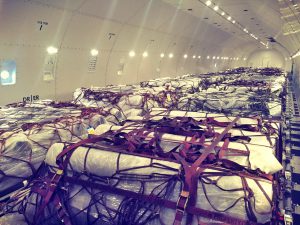
Qatar Airways Cargo has transported over 80 tonnes of oil and energy equipment on… Read more »

STEF Group has expanded its footprint in Spain by acquiring Catalonia-based TRANSPORTS BADOSA. Founded… Read more »
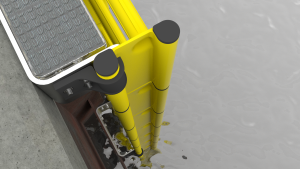
New Danish company Port-Safety has launched a new ladder aimed at saving lives by… Read more »

Agility has signed a three-year logistics partnership agreement with Porsche Motorsports for the seven-weekend… Read more »
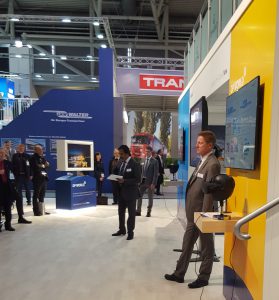
Ports operator DP World launched what it calls “the most advanced container tracking solution developed… Read more »

Griffen, on behalf of Griffin UK Property Investments Limited, has let a recently developed… Read more »
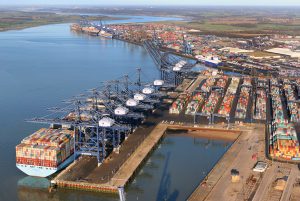
The British Ports Assocation, which represents 100 members of the British ports community, has… Read more »

IAG Cargo has seen a boom in demand on key routes from Europe into… Read more »
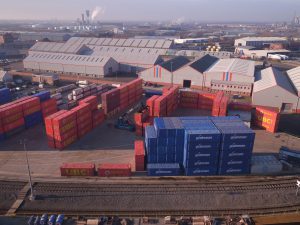
An inland container storage facility in Teesside, that was built on the back of… Read more »
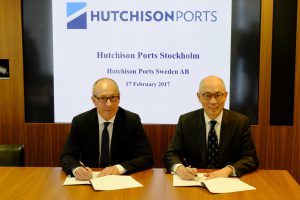
Hutchison Ports has signed a formal agreement with Ports of Stockholm to operate the… Read more »
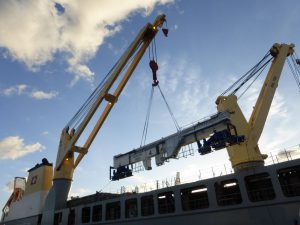
GEODIS is pleased to report that it has signed a new contract with the… Read more »
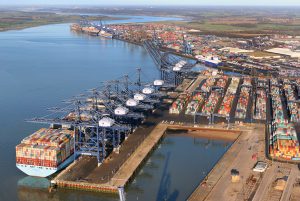
British Ports Association Chairman Rodney Lunn and Director Richard Ballantyne met with UK transport… Read more »

DKV Euro Service is supporting the petition of the association DocStop für Europäer e.V.,… Read more »
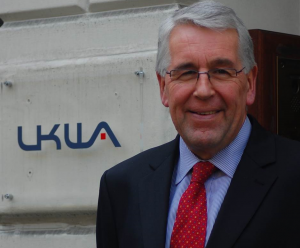
The negative publicity surrounding Sports Directs treatment of its warehouse staff must not be… Read more »
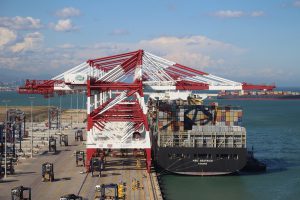
An independent study hopes to pave the way for significant improvements in the health,… Read more »
The Venice Port Authority, the Lübeck Port Authority (Lübecker Hafen-Gesellschaft – LHG) and the… Read more »

European palletised freight specialist Pall-Ex has sponsored this years British Citizen Awards, which champions… Read more »